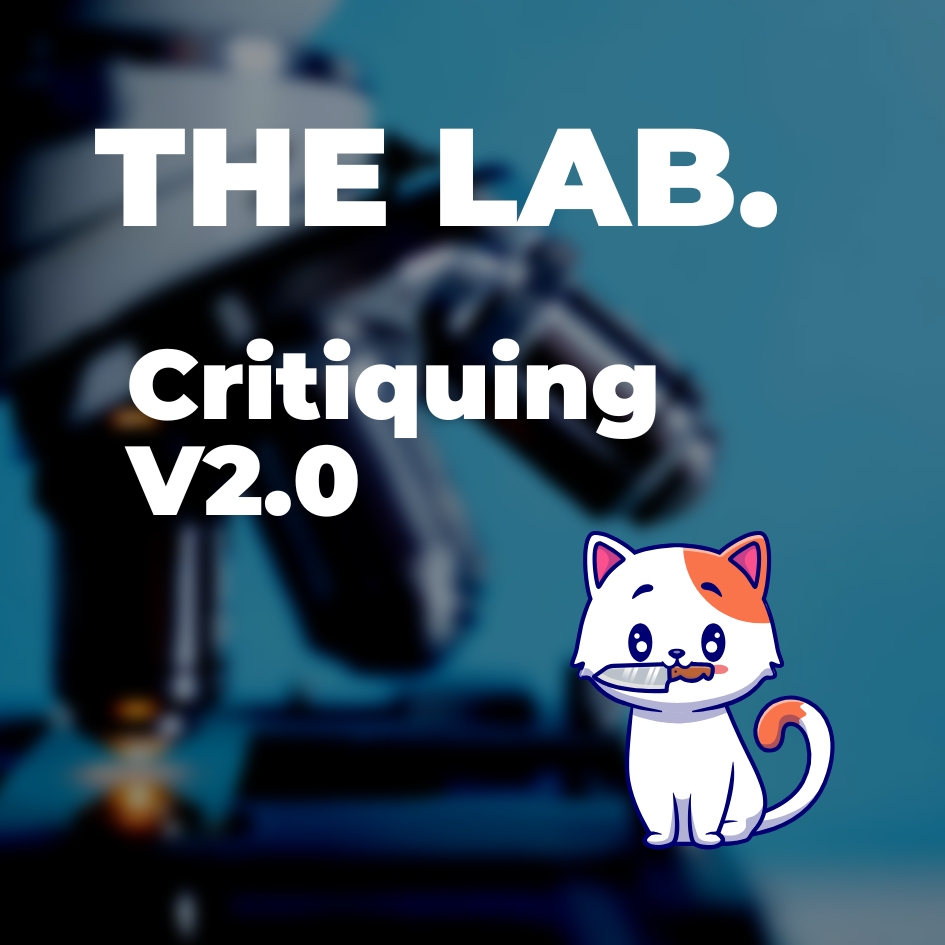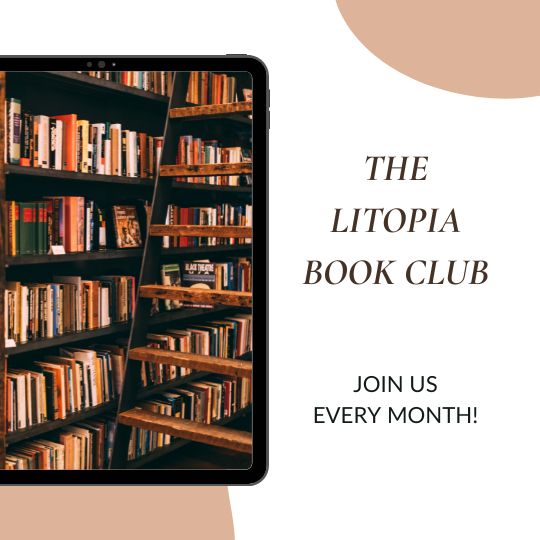This blog post has stirred up strong feelings among writers on Bluesky.
TL;DR it talks about how authors are increasingly expected to do the work that was once the publisher's remit, and how the Big 4 or 5 publishers are being swamped by submissions from myriads of unqualified literary agents, such that they can't get through their bulging inboxes. It asks the question: what are publishers actually doing to earn their commission, when so much of it is being farmed back to the authors, and what role are literary agents playing?
There seems to be mounting frustration among traditionally published authors, particularly those on the "mid list", with increasing numbers choosing self-publishing on the grounds that if they're doing so much of the work, they might as well get all the profit.
I must admit, my own dream of getting a traditional deal hasn't survived contact with the realities of the publishing industry, although I haven't given up hope yet.
Any views on this @AgentPete ?
TL;DR it talks about how authors are increasingly expected to do the work that was once the publisher's remit, and how the Big 4 or 5 publishers are being swamped by submissions from myriads of unqualified literary agents, such that they can't get through their bulging inboxes. It asks the question: what are publishers actually doing to earn their commission, when so much of it is being farmed back to the authors, and what role are literary agents playing?
There seems to be mounting frustration among traditionally published authors, particularly those on the "mid list", with increasing numbers choosing self-publishing on the grounds that if they're doing so much of the work, they might as well get all the profit.
I must admit, my own dream of getting a traditional deal hasn't survived contact with the realities of the publishing industry, although I haven't given up hope yet.
Any views on this @AgentPete ?




